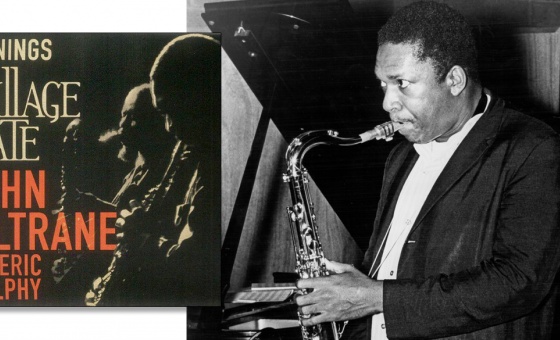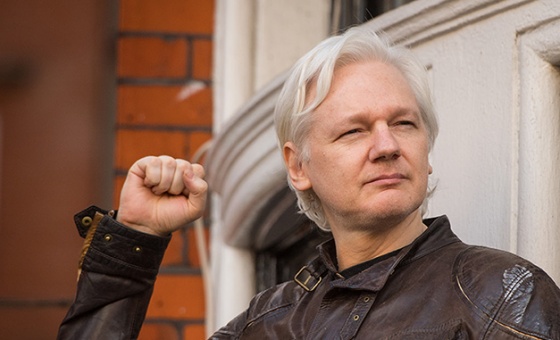This is the last article you can read this month
You can read more article this month
You can read more articles this month
Sorry your limit is up for this month
Reset on:
Please help support the Morning Star by subscribing here
BY DEFINITION, an almanack is an annual publication detailing information on a range of different subjects. Trying to establish themes from some 1,536 pages is one of the many joys of devouring any Wisden.
This year the stench of racism provides an unwanted narrative. The Azeem Rafiq scandal made Yorkshire appear toxic and cricket unwelcoming.
With the national side in crisis, middle-aged administrators peddled racial stereotypes. It might, noted the editor, “have been the 1980s.”
The “mephitic stink that arose from Yorkshire” cast English cricket in a feeble light. The club admitted to instances of racist language and jokes but denied evidence of institutional racism.
Zimbabwe-raised Gary Balance considered the term “Paki” to be banter. “A throwback to white colonial supremacy,” wondered David Hopps.
Michael Vaughan denied making racist comments, though two other players confirmed Rafiq’s allegation. The BBC summariser also apologised for “some of his more reprehensible older tweets,” including one in which he suggested Moeen Ali should spend time asking Muslims if they are terrorists!
At last the cricketing world was incensed. Hopps notes that it was Yorkshire’s “intransigence, insensitivity and inability to see the bigger picture that led to the torrent of condemnation.”
As Rafiq writes: “We are where we are now because Yorkshire wanted a fight.”
Racism is not unique, of course, to Yorkshire. Stephen Fry’s Spirit of Cricket lecture considers how the game on which the sun never sets was taken to countries along with trains, taxes, slavery and segregation.
Wisden’s book of the year, Who Only Cricket Know, covers England’s 1953-4 tour to the West Indies, part of which was under a state of emergency imposed by Churchill’s government.
We learn of Philip Larkin’s love of cricket, but not inclusion. He refused to attend the Test match against Pakistan at Lord’s in 1978, fearing there would be too many black faces in the crowd.
The worst example in the book, though, is reserved for Tom Wills, who led the first Australian touring side and participated in a massacre of Aboriginals.
Racism is also reflected on in an article recalling the 40th anniversary of England’s first rebel tour to South Africa. Dennis Amiss still believes that the reasons for touring the apartheid state were “right.”
Desmond Tutu would have disagreed with Amiss. He is remembered as someone who linked the spirit of cricket with humanity’s respect for decency.
The West Indies certainly took a different stance to their “rebels” than the “collective sigh” of the English: a case of “white privilege” for Michael Holding.
The deceased John Woodcock had expressed regret that he didn’t report more on apartheid when covering the cricket from South Africa.
The move towards gender-neutral language and changing the term batsman to batter has generated dialogue.
Emma John’s research suggests that batter was in vogue from 1773 until the male suffix replaced it in the mid-19th century.
Cricket is renowned for its traditionalists and opposition to anything progressive is akin to tackling a form of religious righteousness.
“We feel bound to protect cricket’s unique lexicon because it’s our heritage,” acknowledges John, before adding, “without stopping to wonder whether an inheritance that encodes and assumes male priority and authority is desirable.”
If language matters, “why not use it for good?”
For The Times journalist Alex Massie, the debate about language seems to get in the way of the bigger discussion about protecting a sport in decline, whilst an incandescent Piers Morgan was more worried about losing terms such as “full toss in the crease”!
It was a miserable year for the national side. Captain Joe Root became the most successful England skipper in terms of wins, but also the least successful in terms of defeats.
From the start of the 2013-14 Ashes, England have won one Test out of 28 in Australia, New Zealand and India and lost 22.
England’s fortunes could be put down to the fact that “they were knackered.”
Managing director Ashley Giles confirmed that the main priority was to keep the show on the road and, as such, to protect the board’s income stream.
The board were not so generous when it came to those outside of cricket’s top triumvirate.
England played in India during a Covid spike, and never considered leaving Australia.
Yet they too easily jettisoned a white-ball trip to Bangladesh and a goodwill tour of Pakistan.
Tanya Aldred’s now annual reflection of cricket and the environment records with alarm that last year was the fifth-hottest on record. Matches in Australia were held up because of smoke from bush fires.
The climate will surely affect the sport in years to come and encouragingly, some players are speaking out.
India’s Rohit Sharma fears that future generations may “have nothing if the world continues the way it is right now.”
England spinner Mady Villiers is promoting the green benefits of veganism, while Australian captain Pat Cummins launched the Cricket for Climate movement.
He acknowledged the relationship between environmental collapse and the fossil fuel industry by refusing any sponsorship from this source.
As Ian Chappell remarked: “Cricket cannot be separated from the environment: it is all intertwined.”
Of course, Chappell could well have meant the wider social environment rather than just matters ecological.
English Cricket Board chief executive Tom Harrison presided over 62 redundancies, fell back on procedural excuses to defend a reluctance to intervene at Yorkshire, and designed a schedule that meant no cricket in Kent for a month.
Along with a couple of others, Harrison stood to take £2.1 million out of the sport for delivering The Hundred.
His attempt to justify this bonus as a fact of corporate life was dismissed by Lawrence Booth as the “soulless logic of the suiterati, who regard cricket as a business, not a sport.” Another narrative that will run through any publication concerned with the wider social issues of sport.











